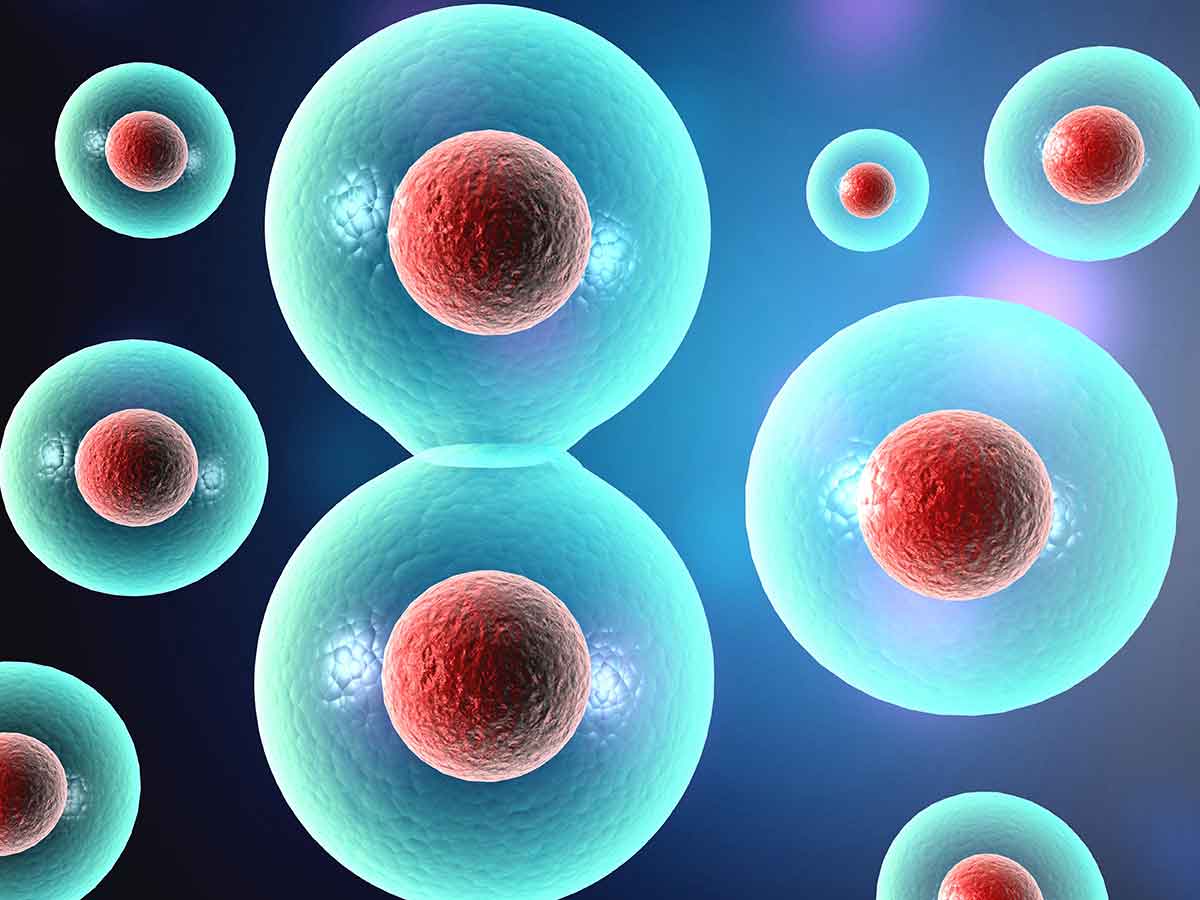Stem cell trial seeks new solution for patients with perianal fistula
Researchers at Penn State Health Milton S. Hershey Medical Center offer patients with perianal fistula due to Crohn’s disease access into a leading-edge clinical trial involving the use of stem cells.
Specifically, the study examines the efficacy of a peri-fistula injection of adipose-derived stem cells to close perianal fistulas that develop as a result of Crohn’s disease. In a phase 2 exploratory European trial involving candidates with Crohn’s disease and perianal fistula, 56% of the patients had the external opening close. Subsequently, in a double-blind phase 3 European trial involving 212 candidates, 50% of the patients who received stem cell treatment experienced fistula healing, compared to the 34% who received a placebo.¹

The study will test the efficacy of a peri-fistula injection of adipose-derived stem cells to close perianal fistulas that develop as a result of Crohn’s disease.
Sophisticated Solution Available Stateside
The current stem cell trial is available to Hershey Medical Center patients with medically controlled Crohn’s disease and perianal fistula.
“We have the infrastructure to support trials of this nature and are committed to providing the most efficacious therapies for our patients,” Scow said. “Healing perianal fistulas is a problem that has vexed the medical community for many years, and this stem cell trial has been shown to provide healing while also presenting minimal risks.”
Patients with inflammatory bowel disease may be referred to Hershey Medical Center for evaluation by a team that includes gastroenterologists, colorectal surgeons, pathologists and radiologists. However, individuals with no previous therapeutic exposure to anti-TNF or immunosuppressive agents, as well as individuals who have had major gastrointestinal surgery in the past six months or minor gastrointestinal surgery in the past three months, are not eligible to participate in the trial.
If accepted into the trial, a patient will have a preoperative visit with a surgeon and receive an MRI before undergoing two procedures. The first procedure will prepare the fistula. The second procedure, performed two weeks later, involves the injection of stem cells into the area around the fistula. Following the second operation, the patient will have regular visits with the medical team at Hershey Medical Center for one year.
“There are no new treatments for perianal fistula in patients with Crohn’s disease other than the standard of just ‘living with it,’” Scow said. “We are excited to offer the stem cell study and hope to offer this treatment in the future if and when the medication is approved.”
This article first appeared in Central Pennsylvania MD News April 22, 2021.

Jeffrey Scow, MD
Assistant Professor, Department of Surgery, Division of Colon and Rectal Surgery, Penn State Health Milton S. Hershey Medical Center and Penn State Cancer Institute
Phone: 717-531-4950
Email: mjscow@pennstatehealth.psu.edu
Fellowship: Colon/Rectal Surgery, Mayo Graduate School of Medicine, Rochester, Minn.
Residency: General Surgery, Mayo Graduate School of Medicine, Rochester, Minn.
Medical School: Creighton University School of Medicine, Lincoln, Neb.
Connect with Jeffrey Scow, MD, on Doximity
Reference
- Panés J, García-Olmo D, Van Assche G, et al. Expanded allogeneic adipose-derived mesenchymal stem cells (Cx601) for complex perianal fistulas in Crohn’s disease: a phase 3 randomised, double-blind controlled trial. Lancet. 2016;388(10051):1281-1290. doi:10.1016/S0140-6736(16)31203-X

